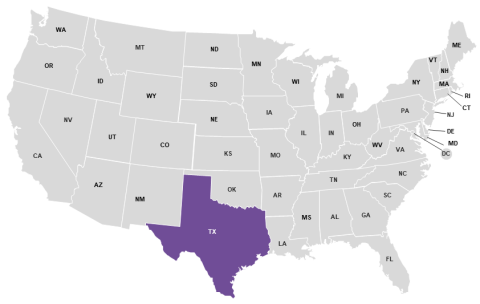Legislation in most states mandates that businesses provide workers’ compensation benefits to their employees. Texas law, however, gives employers the option to opt-out of workers’ compensation, thus becoming “non-subscribers”. This option has been available since 1913 in Texas. Approximately 22% of Texas businesses are operating as non-subscribers. One reason an employer may elect to opt-out is because the cost of workers’ compensation coverage can be high, which for some businesses can be difficult to shoulder. Often businesses that operate as non-subscribers offer improved care and safety standards due to the savings.
An occupational injury benefits plan is a critical element that offers several advantages including a well-defined cost control option via medical managed care systems. Most non-subscribing companies are regulated under federal law through the Employee Retirement Income Security Act (ERISA) and must comply with Occupational Safety and Health Administration (OSHA) standards. Non-subscribing employers lose their statutory and common law defenses against work related lawsuits. As a result, non-subscribers who do not provide a safe work environment and adequate care could be held accountable via the civil justice system.
The greatest benefit of a non-subscriber program can be a safer, healthier employee. Employers become motivated to invest and protect their employees. They can invest in more employee incentives, training and safety since they don’t pay the cost of workers’ comp insurance. Having Registered Nurse case managers can benefit non-subscriber businesses by offering their professional clinical opinion. They can also provide clinical intervention to aid in the reduction of health care costs and improve outcomes by making sure the injured worker isn’t subjected to treatment they don’t need, while still receiving the proper care for their injury.
Case management along with early intervention can identify the best course of action, assisting in quick treatment, avoiding added costs, and ensuring evidence based medical guidelines are followed.



